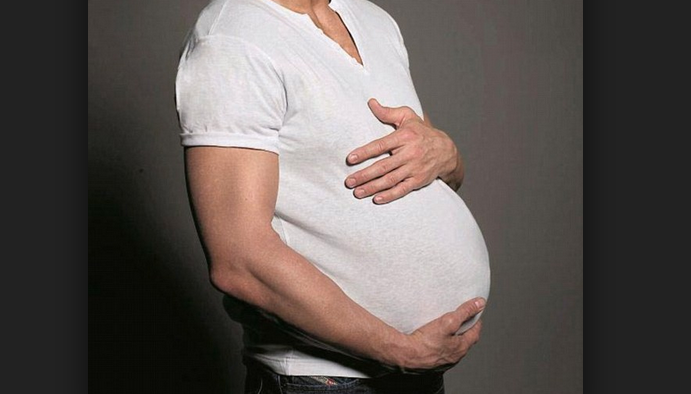As uterus transplants become a more realistic possibility, some doctors say they are receiving inquiries from male patients who identify as women and want to become pregnant, according to the Daily Caller.
The first baby was born with a uterus transplant in September 2014 in Sweden. Since then, three other Swedish women also have given birth after receiving uterus transplants. All of their babies were born prematurely. Doctors at the Cleveland Clinic in Ohio currently are conducting a research study involving the first uterus transplants in the U.S. In March, they announced that their first transplant attempt failed.
These highly publicized experiments are leading to more questions about the ethics of the procedure. Doctors in several states recently told Scientific American that they are starting to receive requests from transgenders who were born male and now identify as women about becoming pregnant with a uterus transplant.
According to the report:
Cecile Unger, a specialist in female pelvic medicine at Cleveland Clinic, says several of the roughly 40 male-to-female transgender patients she saw in the past year have asked her about uterine transplants. One patient, she says, asked if she should wait to have her sex reassignment surgery until she could have a uterine transplant at the same time. (Unger’s advice was no.) Marci Bowers, a gynecological surgeon in northern California at Mills–Peninsula Medical Center, says that a handful of her male-to-female patients—“fewer than 5 percent”— ask about transplants. Boston Medical Center endocrinologist Joshua Safer says he, too, has fielded such requests among a small number of his transgender patients. With each patient, the subsequent conversations were an exercise in tamping down expectations.
Keep up with the latest pro-life news and information on Twitter. Follow @LifeNewsHQ
To date there are no hard answers about whether such a fantastical-sounding procedure could enable a transwoman to carry a child.
StatNews reports some transgender people do hope the procedure will become a reality in their lifetime. As a child, Chastity Bowick, a transgender who was born male but had a sex change several years ago, dreamed about having biological children someday.
“If you’re a trans woman, this is a way of completing the dream,” Bowick said.
Uterus transplants come with many risks, Rebecca Taylor previously wrote at LifeNews. And that is just one of many ethical concerns that Taylor and others have with uterus transplants in general.
While Taylor is sympathetic to women who struggle with infertility, she said the transplant procedure has many are many known risks, and potentially more unknown risks, for both the mother and her unborn child.
Taylor said women must take immunosuppressant drugs and risk their body rejecting the organ. For unborn babies, researchers have discovered risks of birth defects and pre-term labor, she said.
Taylor wrote:
A uterus transplant is not a necessary procedure. This woman was not going to die if she did not receive a womb. This is nothing like a kidney or heart transplant. The point was so that she could be pregnant evidenced by the fact that the uterus will be removed after the child is delivered.
… Remember there is a PERSON in that womb whose life hangs in the balance. He or she could suffer life-long consequences. Is this treating him or her with the utmost respect deserving of every person?
Sure it would be nice if every woman with a deformed or malfunction uterus could get a replacement, but how many children do we need to put at risk to perfect this procedure? In other high-risk medical procedures like heart or kidney transplants, the possible reward outweighs the risk because the patient is already in a life-threatening situation. But with a uterus transplant there is no life-threatening illness to treat. Is it ethical to intentionally put the life of a child at risk for a non-life threatening problem?
According to Scientific American, male patients would require even more “extreme steps” to carry a child. Here’s more from the report:
Here is how it could work: First, a patient would likely need castration surgery and high doses of exogenous hormones because high levels of male sex hormones, called androgens, could threaten pregnancy. (Although hormone treatments can be powerful, patients would likely need to be castrated because the therapy might not be enough to maintain the pregnancy among patients with testes.) The patient would also need surgery to create a “neovagina” that would be connected to the transplant uterus, to shed menses and give doctors access to the uterus for follow-up care.
For some scientists, the procedures involved in making males pregnant are too risky. Baylor University transplant surgeon Dr. Giuliano Testa called the possibility a “feat of unknown proportions.” He told the science news outlet that he would never consider doing the procedure.








